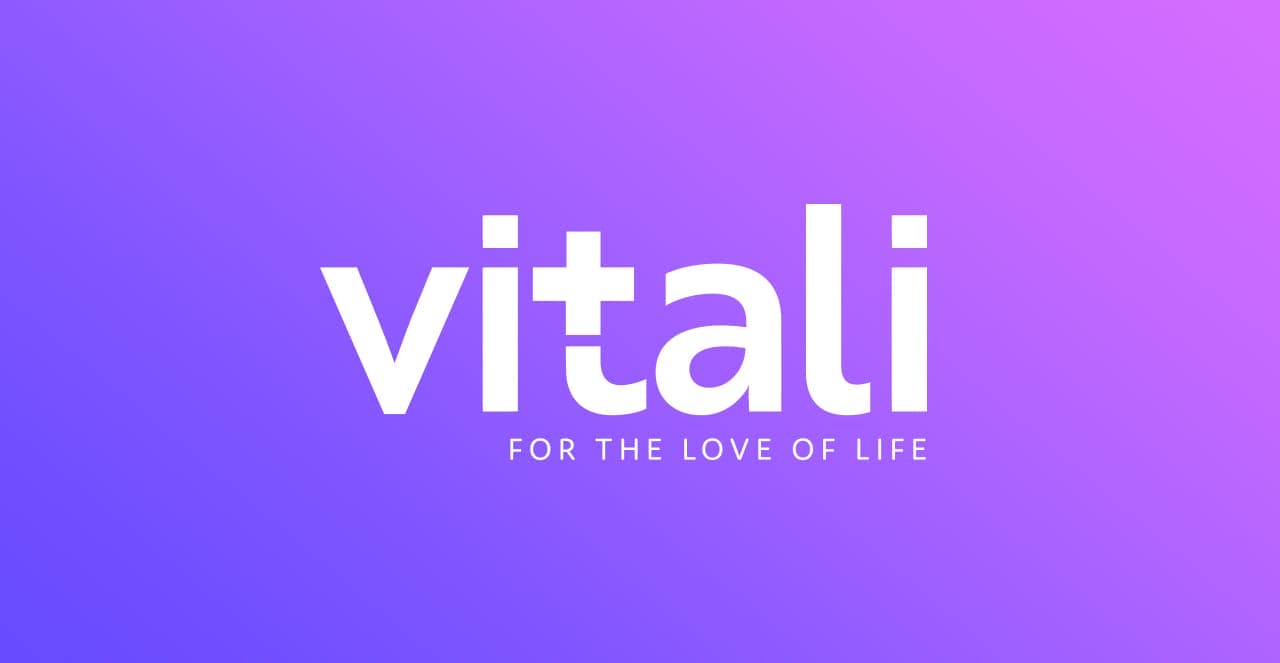What is a concussion?

Undoubtedly, when teaching our First Aid classes, we get asked about concussions. Concussions are a topic that up until now, many people have been ignorant about–including the medical professionals. It is common knowledge that a concussion results from a head injury, but beyond that, there are a lot of misconceptions about the signs/symptoms and the treatment.
What is a concussion?
A concussion is a type of traumatic brain injury which occurs when there is a bump, blow, or jolt to the head. The injury causes a change in the way the brain normally works.
Signs and Symptoms of Concussions
- Difficulty thinking clearly or concentrating
- Difficulty remembering new information
- Headache
- Blurred vision
- Sensitivity to noise or lights
- Balance problems
- Irritability
- Sadness
- Depression and anxiety
- Sleeping more or less than usual
- Difficulty falling asleep
Serious signs and symptoms that require 911:
- Headache that gets worse and does not go away.
- Weakness, numbness or decreased coordination.
- Repeated vomiting or nausea.
- Slurred speech.
- Look very drowsy or cannot be awakened.
- Have one pupil (the black part in the middle of the eye) larger than the other.
- Have convulsions or seizures.
- Cannot recognize people or places.
- Are getting more and more confused, restless, or agitated.
- Have unusual behavior.
- Lose consciousness (a brief loss of consciousness should be taken seriously and the person should be carefully monitored).
Common misconceptions:
- Just because the person did not loose consciousness does not mean they did not have a concussion
- The common saying “better out than in” is not accurate. Just because you can see a visible bump on their head does not mean they do not also have internal swelling.
Treatment for Concussions
If a person has a suspected head injury and shows any one of the above signs and symptoms, you must take action. Below are the steps you should take:
- If a person shows any of the “serious” signs or symptoms, you should call 911 immediately.
- If a person is experiencing some of the mild signs and symptoms, be sure to remove the person from whatever activity he/she was involved in.
- Next, take the individual and place them in a dark room for 24 hours. They cannot have any strain on their eyes which means no reading, phone, computer, etc. It is ok for the person to sleep, but you must check on them regularly to make sure their condition is not getting worse.
- If at any time the condition gets worse or has not resolved after 24 hours, you must take them to the emergency department.
Concussions are a serious injury that we are just now researching and starting to fully understand. When a person has a concussion and is not treated appropriately, the damages can have a life long effect. What often happens is a person has an initial injury, does not allow the brain to heal properly, and then incurs a second injury which causes exponentially greater damage. The healing process for a single concussion can take anywhere from 24 hours to 6 months.
For more information on concussions and other emergencies, you can sign up for one our First Aid classes in Knoxville, TN. You can also visit the CDC’s website for a wealth of information and free promotional materials on concussion awareness.


